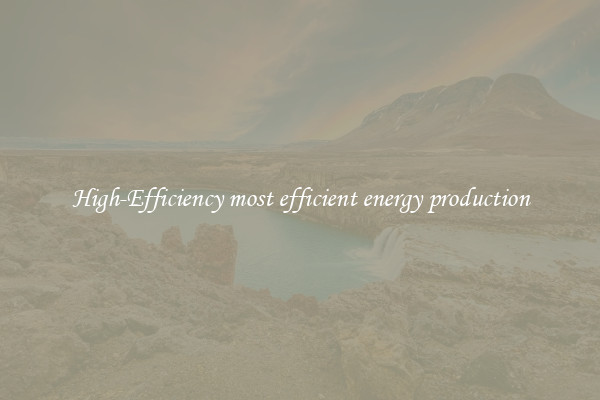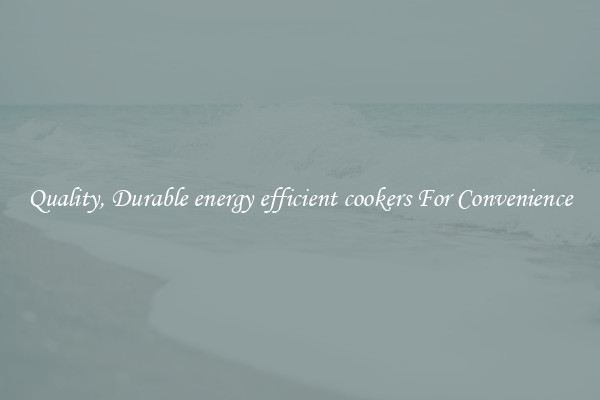High-Efficiency most efficient energy production
In today's rapidly evolving world, energy production is a critical issue that must be addressed in order to ensure a sustainable future for the planet. One of the key factors in energy production is efficiency, which refers to the amount of energy that is actually used compared to the amount that is wasted. High-efficiency energy production, therefore, plays a crucial role in reducing greenhouse gas emissions and conserving natural resources.

One of the most efficient forms of energy production is solar power. Solar panels convert sunlight into electricity through photovoltaic cells, which are highly efficient at capturing sunlight and converting it into usable energy. Solar power is a clean and renewable source of energy, making it an attractive option for environmentally conscious consumers and businesses. In addition, the efficiency of solar panels has improved significantly in recent years, making them a cost-effective and reliable source of energy.
Another efficient form of energy production is wind power. Wind turbines harness the power of the wind to generate electricity, with modern turbines capable of converting up to 60% of the wind's energy into usable power. Wind power is a clean and renewable energy source that has the potential to significantly reduce greenhouse gas emissions and dependence on fossil fuels. As technology continues to advance, the efficiency of wind turbines is expected to increase even further, making them a viable option for large-scale energy production.
Hydroelectric power is another highly efficient form of energy production. Hydroelectric dams harness the power of water to generate electricity, with some dams capable of converting up to 90% of the water's energy into power. Hydroelectric power is a reliable and cost-effective source of energy, making it a popular choice for countries with abundant water resources. While concerns have been raised about the environmental impact of dams, advances in technology have allowed for more sustainable and efficient hydroelectric power generation.
In conclusion, high-efficiency energy production is essential for achieving a sustainable and environmentally friendly energy system. Solar power, wind power, and hydroelectric power are all examples of efficient energy production methods that can help reduce greenhouse gas emissions and conserve natural resources. As technology continues to advance, the efficiency of these energy sources is expected to increase even further, making them an increasingly important part of the global energy mix. By investing in high-efficiency energy production, we can help create a cleaner and more sustainable future for generations to come.

View details

View details

View details

View details








